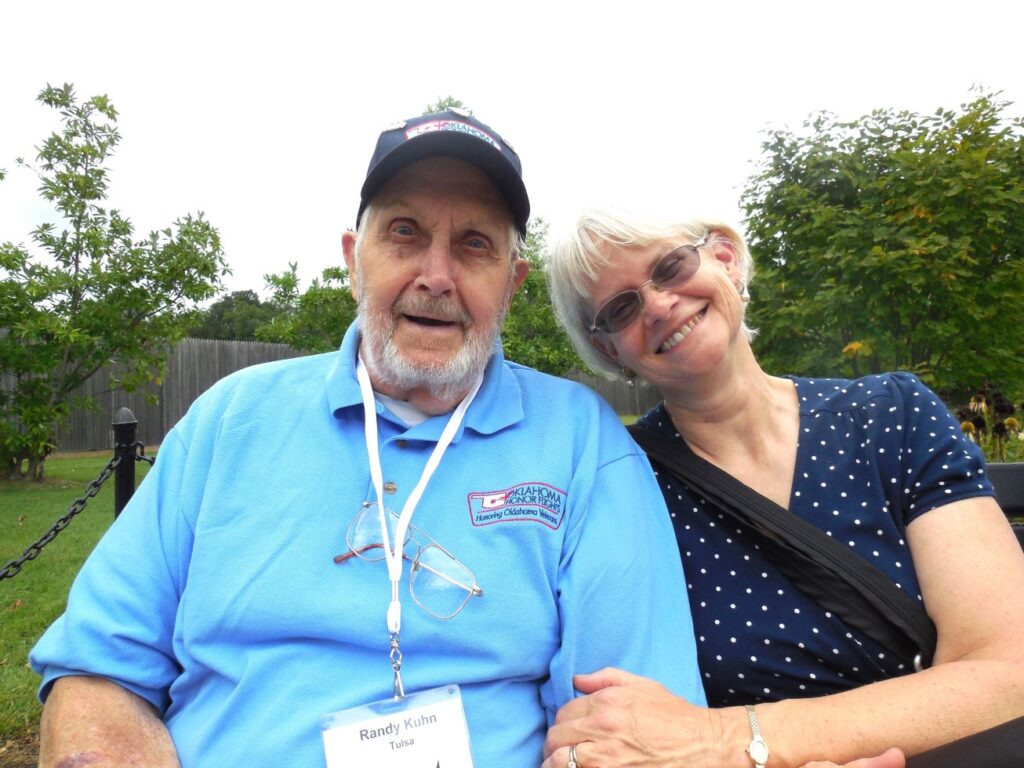Comparison is the death of joy.
Mark Twain
For years, I have disliked words ending in “est.” Why?
Those words masqueraded as a fact when they were an opinion.
Those words marginalized me and my friends and probably you—especially the word “hardest.” Especially when “hardest” was combined with “parenting.”
“Parents have the hardest job in the world.” What about childless couples dealing with crushed dreams?
“Single moms have the hardest job in the world.” What about married moms with abusive husbands?
“Parents of toddlers have the hardest job in the world.” What about parents of teenagers whom are succumbing to cultural dangers?
“Parents of teenagers have the hardest job in the world.” What about sleep-deprived parents of infants. Or parents of struggling adults?
You’ve heard it. And why do we add “in the world.” I don’t know. Do you?
Once thing I learned along the way is that all people “have it hard,” and all stages of parenting seem the hardest. However, I do not wish I had known that fact. Believing the myth that parenting would become easier was comforting.

May “est” words be banned this season while we gather with family and friends and foes.





